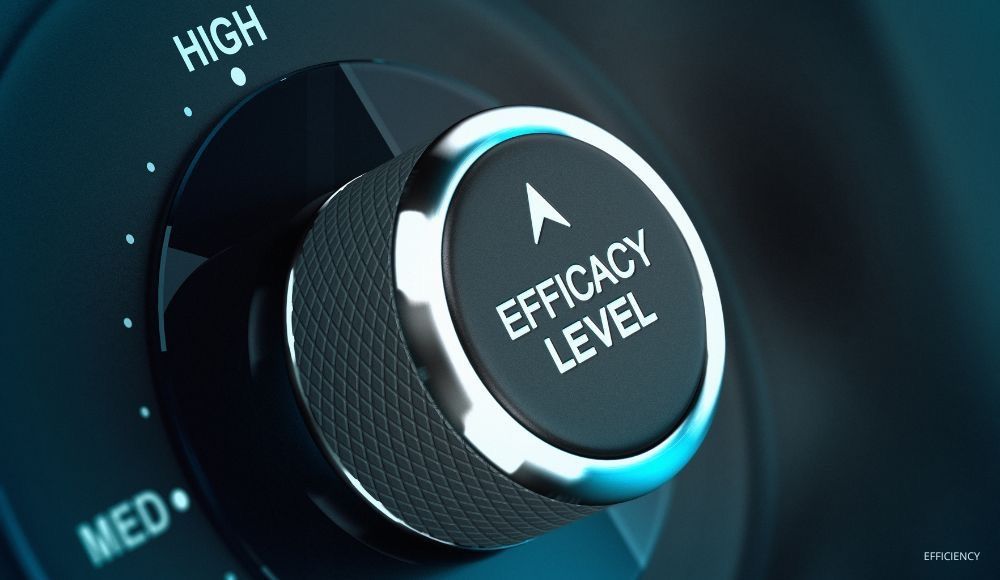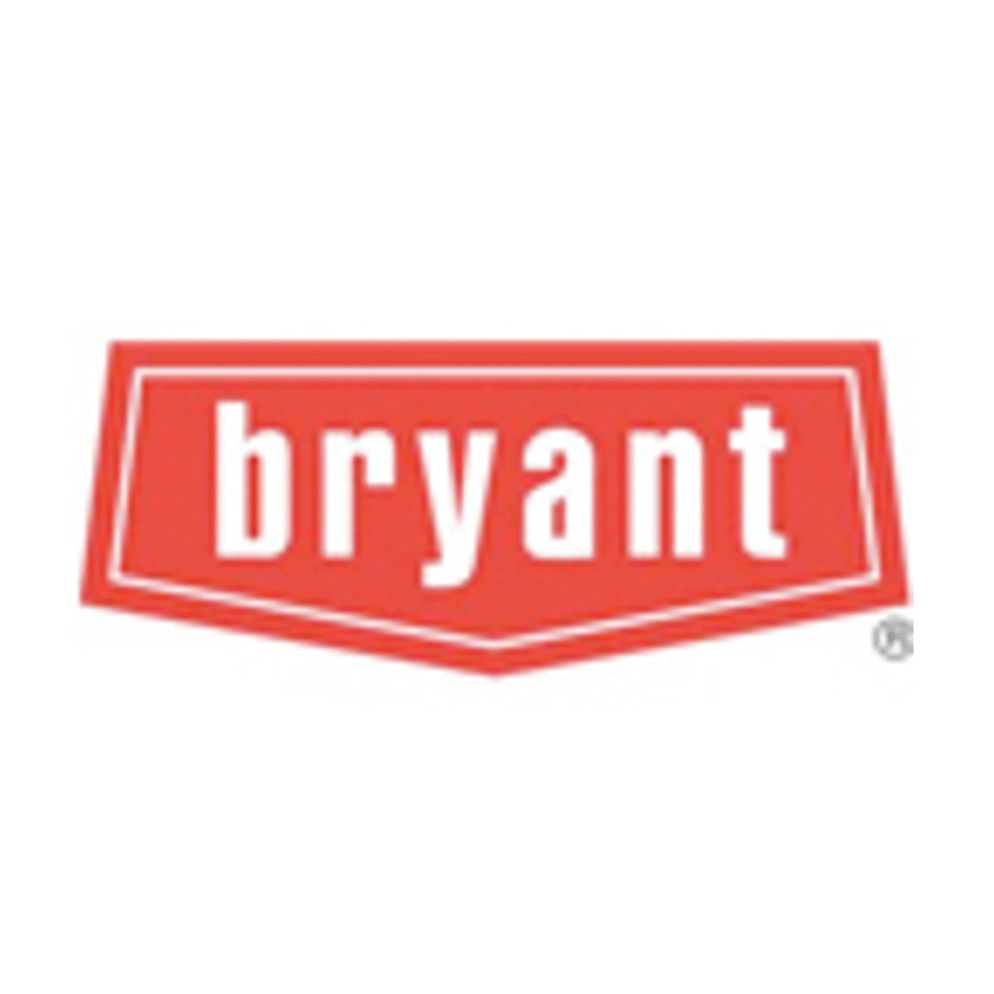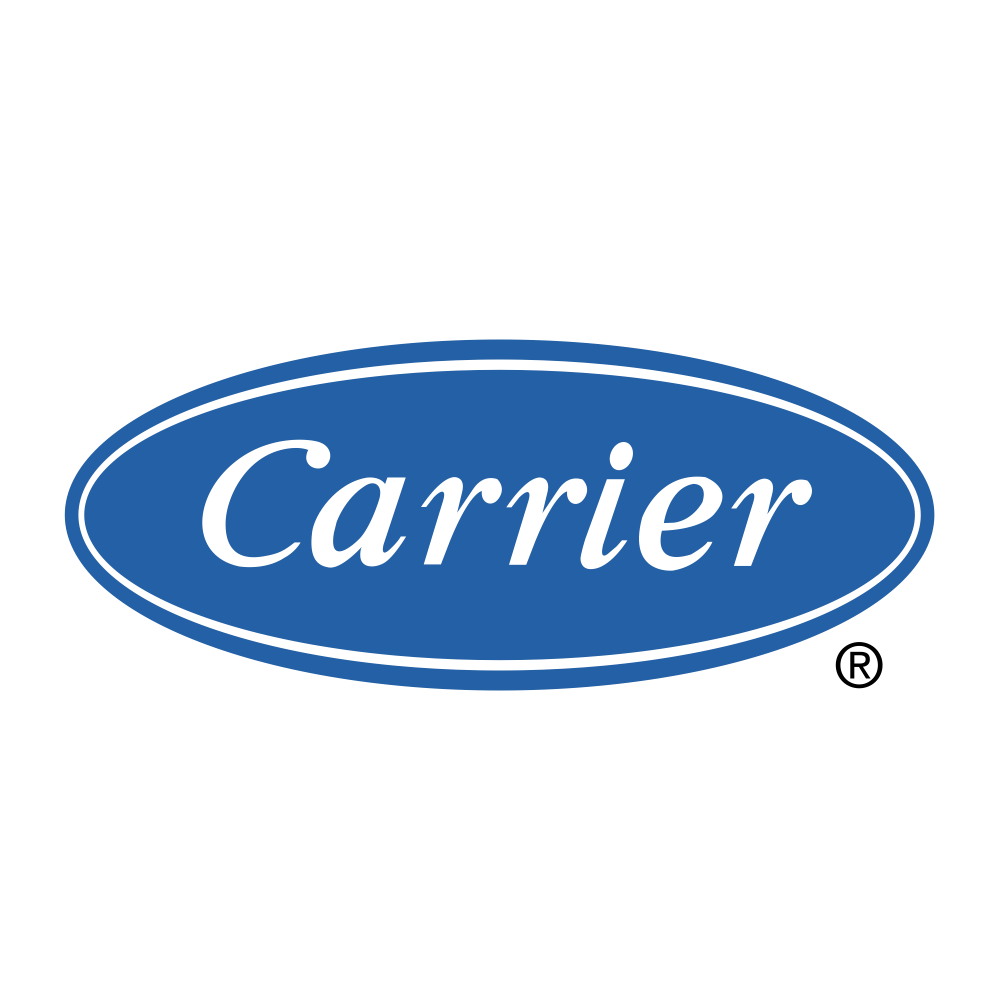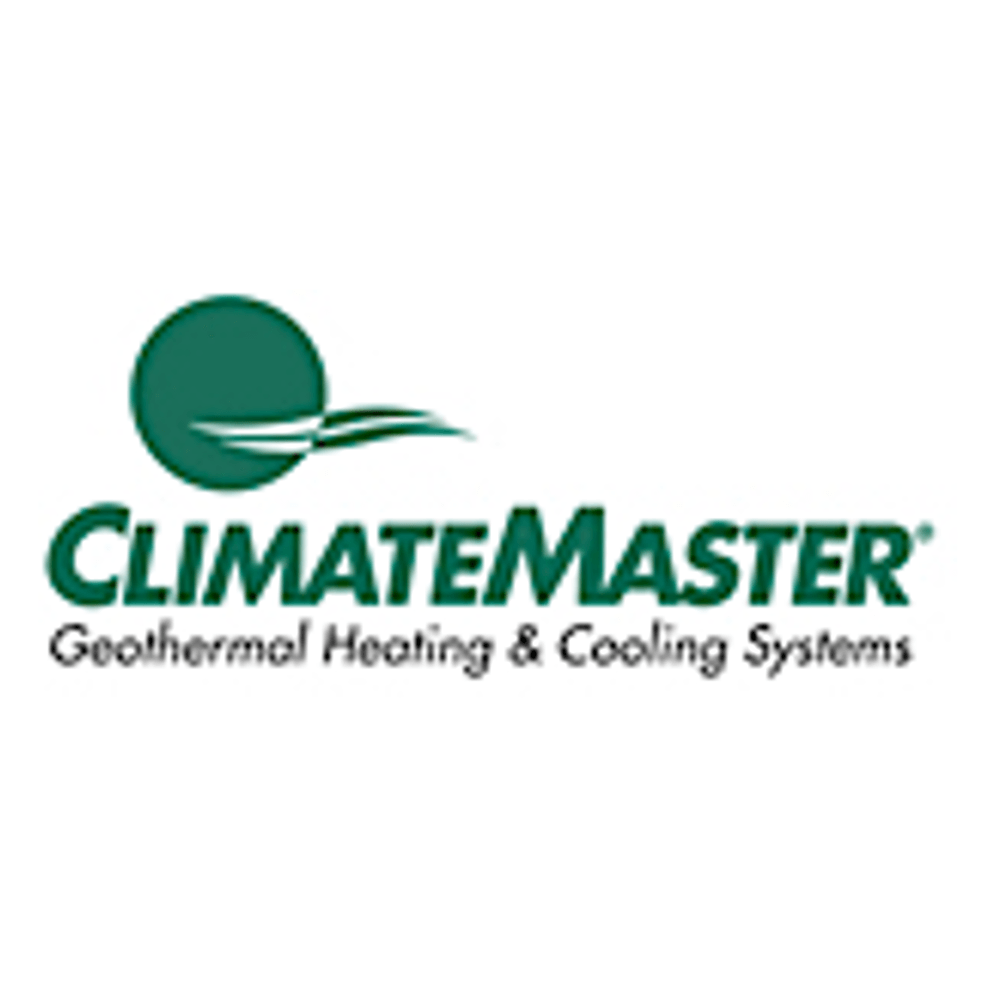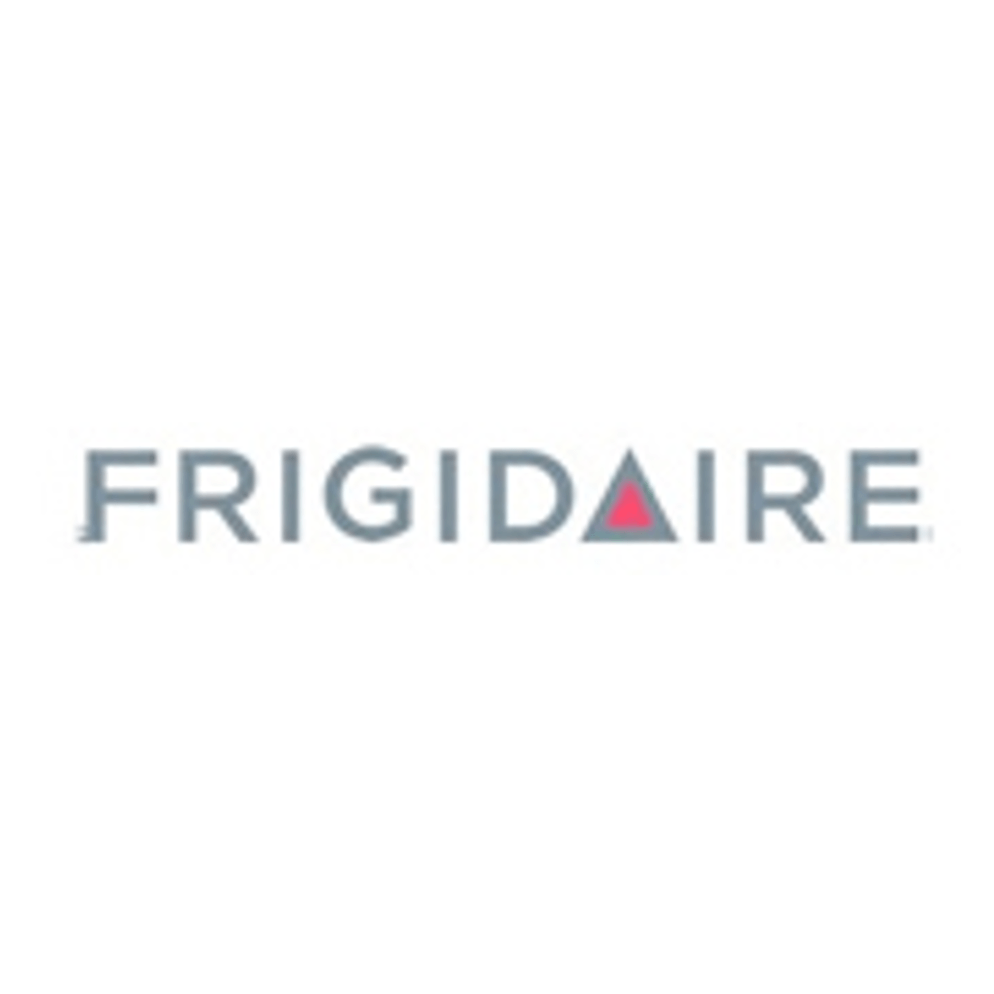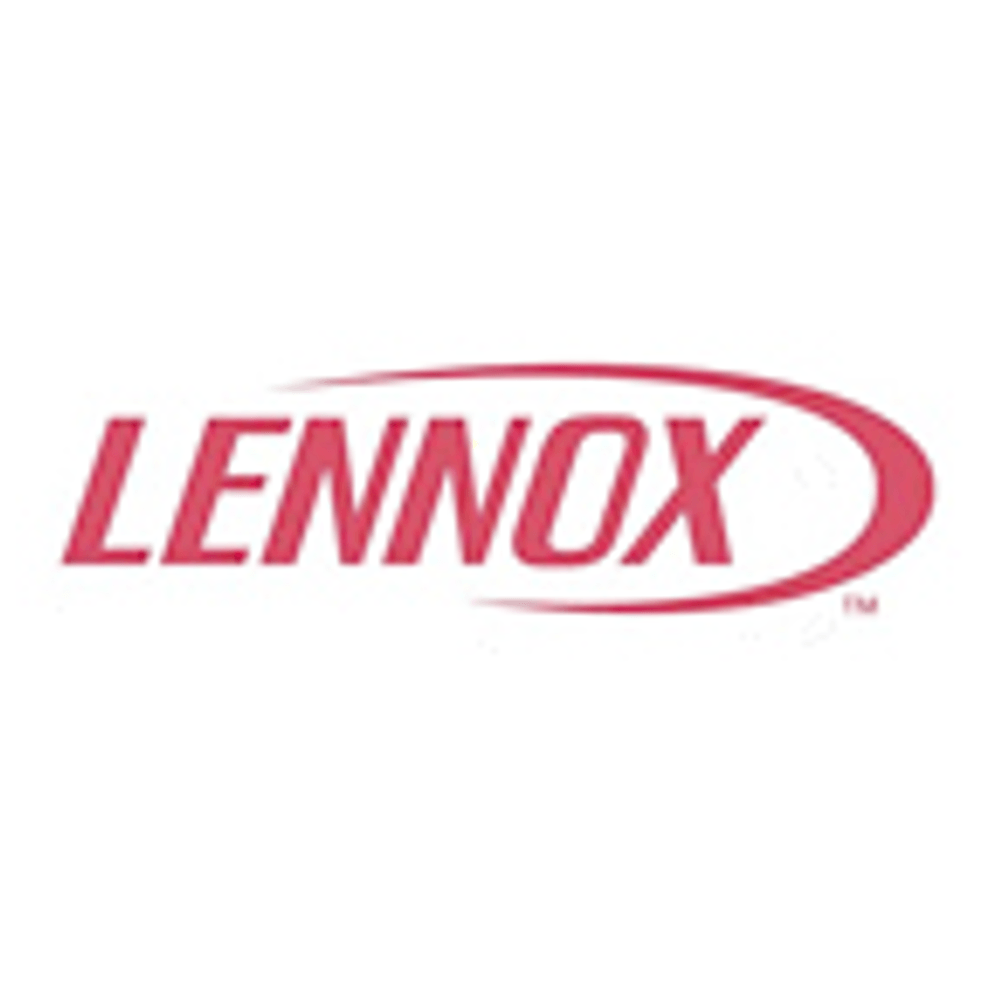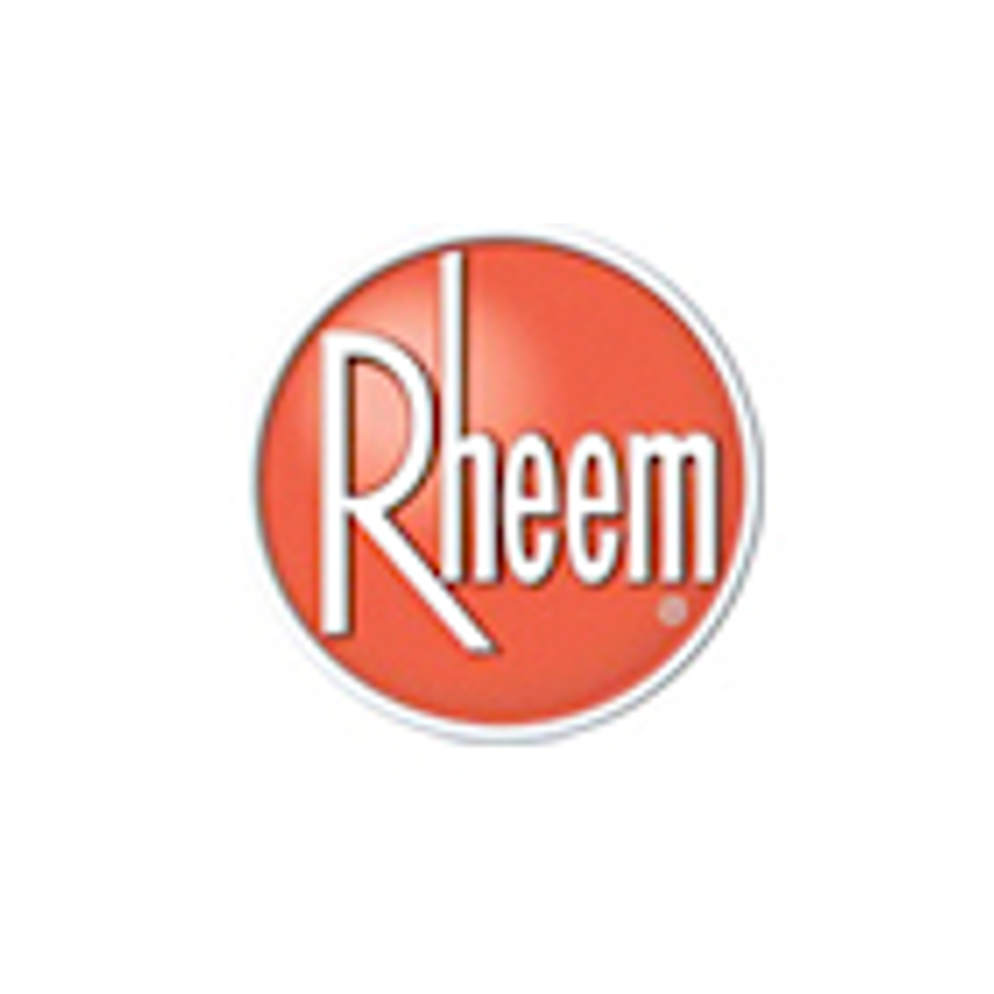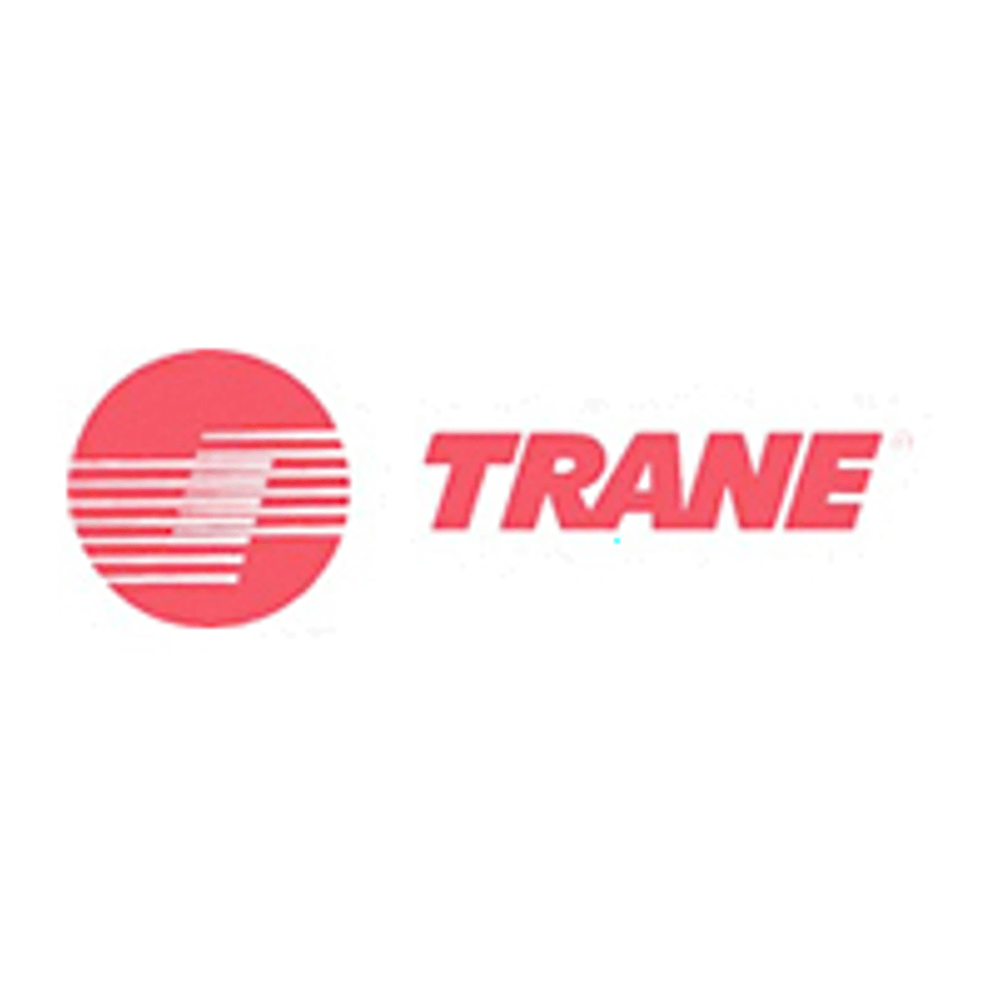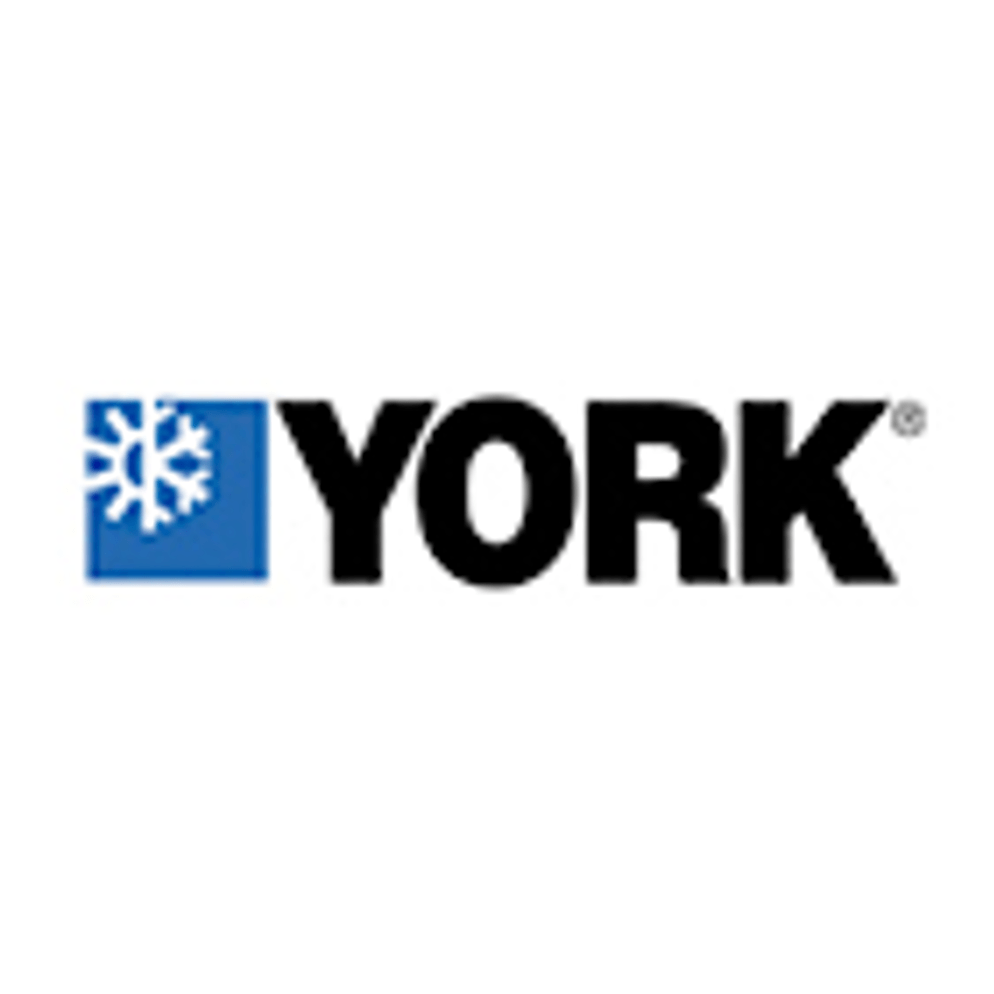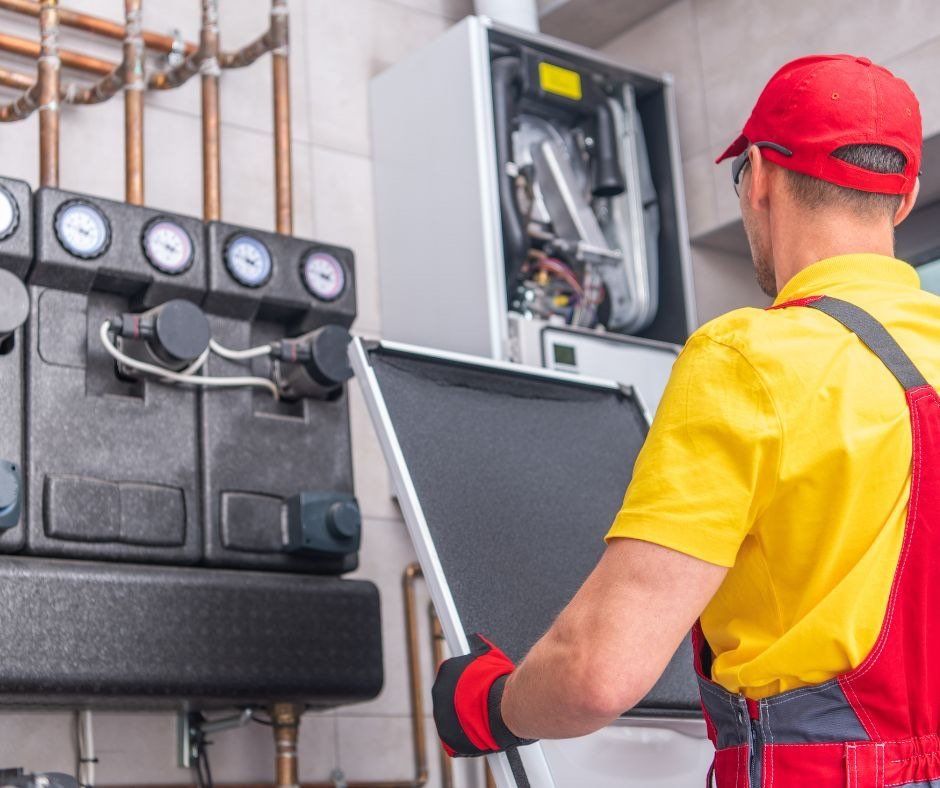Lower Your Heating and Cooling Bills with Proper Insulation
One way to lower heating and cooling costs, extend the life of your HVAC system, reduce overall energy consumption, reduce noise levels from outside, prevent ice dams from forming on your roof, and improve your family's comfort is to ensure that your home has the proper insulation.
Ultimate Comfort Heating & Cooling is committed to keeping your family comfortable and ensuring you get the most out of your HVAC system, so we're here to answer your questions about proper insulation for your home.
How Does Insulation Work?
Heat flows from warmer to cooler areas until no temperature difference exists. In winter, heat flows from your heated living spaces to unheated areas, such as your attic, garage, basement, and the outside. In the summer, hot air from outside flows into the cooled interior of your home.
There are three basic types of heat flow – conduction, convection, and radiation.
- Conduction moves heat through materials. An example of conduction is when you're boiling water in a pot, and the metal handles of the pot get hot.
- Convection is how heat circulates through liquids and gases. It's why hot air rises and cold air sinks.
- Radiant heat "uses invisible electromagnetic, infrared waves to heat you," Ask the Builder explains. For example, a fire, electric heaters, radiators, etc., produce radiant heat.
Most insulation materials resist conductive and convection heat flow. Whereas radiant barriers – typically used in attics to reduce summer heat - are highly reflective material that reflects radiant heat rather than absorb it. Reflective insulation incorporates reflective surfaces into the insulation.
What is an R-Value?
Before getting into the best insulation for your home, you need to understand R-values. "R-Value [short for resistance value] is a measure of insulation's ability to resist heat traveling through it," Energy Star explains. "The higher the R-Value, the better the thermal performance of the insulation."
The R-value is based on the type of insulation and its density and thickness, and usually on temperature, aging, and moisture accumulation. The R-value of multiple installation layers is calculated by adding the value of each layer. Generally, the more or thicker insulation you have, the higher the R-Value and the more resistance to heat flow.
What Insulation is Best for My Needs?
Ideally, your home should be adequately insulated from the roof down to the foundation, including the attic, ducts, cathedral ceilings, exterior walls, floors above unheated garages, basement, crawlspaces, etc.
When determining the best material and type of insulation for your home, you need to determine where you want to install the insulation and the recommended R-value.
There are many types of insulation:
- Blanket: Batts and rolls – the most common and widely available
- Concrete Block Insulation
- Foam Board or Rigid Foam
- Insulating Concrete Forms
- Loose-Fill and Blown-In
- Reflective System
- Rigid Fibrous or Fiber Insulation
- Sprayed Foam and Foamed-In-Place
- Structural Insulated Panels
Insulation also comes in many different materials:
- Fiberglass
- Mineral wool
- Cellulose
- Natural fibers
- Polystyrene
- Polyisocyanurate
- Polyurethane
- Perlite
- Cementitious foam
- Phenolic foam
- Insulation facings
Lower Heating and Cooling Costs
Bottom line: The goal of insulation is to reduce heat flow. Accomplish that, and your heating and cooling system doesn't need to work harder than necessary. The resulting efficiency decreases utility costs and extends the life of your system while keeping your family comfortable.
Not Sure About Your Insulation?
If you’re unsure about the quality of your home’s insulation, you may want to look into a professional home energy assessment. The U.S. Department of Energy provides the details here. If you don’t want to go to that expense, they also provide instructions for conducting a do-it-yourself home energy assessment.
We Can Help Lower Your Heating & Cooling Costs
Another way to lower heating and cooling costs is with a properly installed, energy-efficient, well-maintained HVAC system, which is where Ultimate Comfort Heating & Cooling can help. We have been Berks County's trusted heating and cooling installation, maintenance, and repair experts for twenty years.
Contact us at 610-750-8314 or connect with us online for a FREE Comfort Analysis. Estimates and consultations for new systems are provided FREE of charge.



